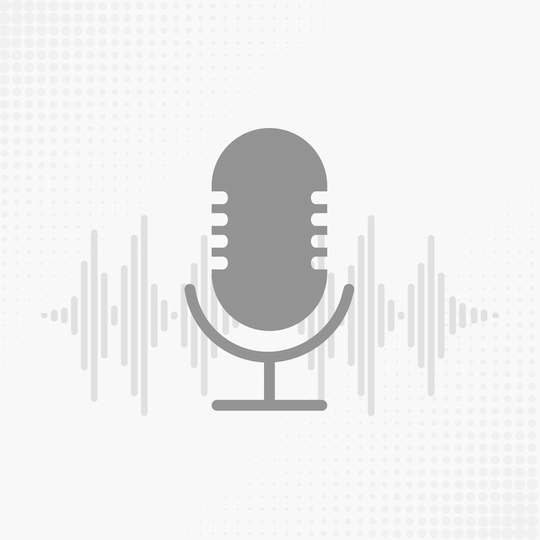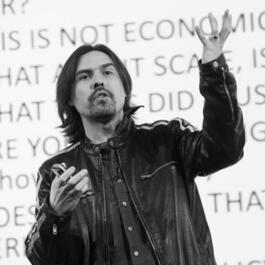
CM 083: Cesar Hidalgo on the Impact of Collective Learning
When it comes to economic growth, why are some countries and companies better than others? While many experts look to factors in geography, finance, or psychology for the answers, César Hidalgo asks us to look instead at information and networks. Cesar is the author of the book, Why Information Grows: The Evolution of Order, from Atoms to Economies. He is also an Associate Professor of Media Arts & Sciences at the MIT Media Lab, where he leads the Collective Learning Group. Cesar wants us to think about the amount of knowledge and knowhow people accumulate and the kinds of organizations where this information is stored. He and his team work on collective learning — that is, the learning of teams, organizations, cities, and nations. And he wants us to understand why building these kinds of networks and organizations can be challenging. In this interview we discuss: What it means to describe the objects around us as crystallized imagination What distinguishes wealth from income and why it matters Why the challenges of economic growth are tied to the challenges of learning in individuals and teams Why individual skills, knowledge, and ability do not scale well and how this impacts economic growth Why group or team knowledge trumps individual knowledge Why it is not about knowing what needs to be done but about creating a team of people who have the knowledge and knowhow to do it Why we can view products as alternative channels of communication in that they endow us with their knowledge -- we cannot build a phone but we can communicate with one or we cannot build a plane but we can be transported by one Our capacity as individuals is augmented and expanded by the products and tools we have access to, from running water to smartphones -- channels of knowledge and comfort are transmitted through products Economies are amplifiers of our knowledge and knowhow -- just look at how few people make toothpaste yet how many use it Our ability to create products is limited by our knowledge and knowhow which is influenced by our social networks How learning from experts, through experience, helps us learn and get better faster The key differences between knowledge and knowhow and how this influences economic growth How Ford Motor Company in 1928 experienced the challenges of transporting knowledge and knowhow through their failed experiment in Brazil called Fordlandia The importance of asking, what are the channels that drive collective learning? Episode Links @cesifoti http://www.chidalgo.com/ where you can find all the data tools her mentions in the podcast Pep Guardiola Throwing Rocks at the Google Bus by Doug Rushkoff Wernher von Braun Fordlandia Ricardian Trade Theory Steven Pinker Richard Dawkins Jonathan Haidt Joseph Henrich Kurt Vonnegut If you enjoy the podcast, please rate and review it on iTunes - your ratings make all the difference. For automatic delivery of new episodes, be sure to subscribe. As always, thanks for listening!
From "Curious Minds at Work"




Comments
Add comment Feedback